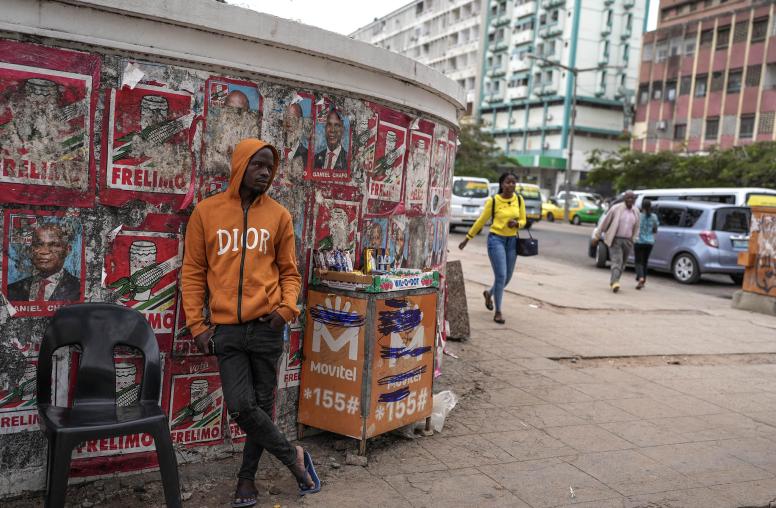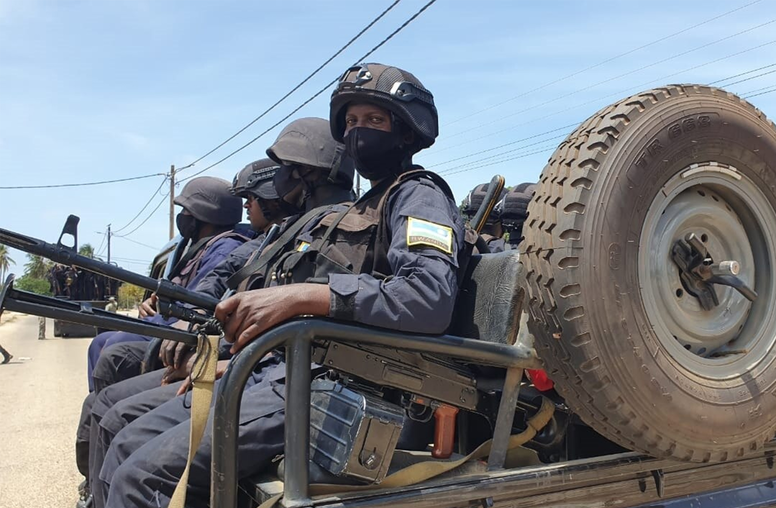Youth and Post-Conflict Reconstruction
Agents of Change
THE USIP BOOKSTORE IS TEMPORARILY UNAVAILABLE
In conflict and post-conflict situations, youth constitute a reservoir of energy. Some young people choose to fight or are forced into a life of violence. Others are able to work to improve their communities, contribute to peacebuilding, reconciliation and reconstruction, and become invested in their countries’ future peace. Youth and Post-Conflict Reconstruction: Agents of Change uses three cases of post-conflict reconstruction—Mozambique, the Democratic Republic of the Congo, and Kosovo—to explore how youth affect the post-conflict reconstruction process, and how domestic policy, NGO programming, international interventions, and cultural contexts may change that role.
- Youth and Post-Conflict Reconstruction: Book Trailer
- Youth and Post-Conflict Reconstruction: Press Release
- Youth and Post-Conflict Reconstruction: Questions and Answers
“An ambitious and detailed study of a vitally important issue, this book offers significant insights about youth in conflict. Timely and very well written, Schwartz has successfully synthesized a number of different variables, theories, cases, and policy areas, into a compelling and useful analysis. This book will be of interest to students, scholars, NGO personnel and policymakers worldwide.”
—Siobhan McEvoy-Levy, Associate Professor, Dept. Political Science and Director, Peace Studies Program at Butler University
Although much has been written about cases of children as soldiers and slaves in recent conflicts, these cases are but one example of the impact of conflict on a subset of the youth population. In Youth and Post-Conflict Reconstruction: Agents of Change, Stephanie Schwartz goes beyond these highly publicized cases and examines the roles of the broader youth population in post-conflict scenarios, taking on the complex task of distinguishing between the legal and societal labels of “child,” “youth,” and “adult.”
In the post-conflict population, youth constitute a reservoir brimming with potential energy, ready to be channeled for good or ill. What causes some young people to return to the life of a fighter while others choose to work for a better future? And what can domestic and international actors do to help youth move toward an education, work to support their families, and become active contributors to building peace and reconstructing their countries?
Youth and Post-Conflict Reconstruction: Agents of Change uses three cases of post-conflict reconstruction—Mozambique, the Democratic Republic of the Congo, and Kosovo—to explore how youth affect the post-conflict reconstruction process, and how domestic policy, NGO programming, international interventions, and cultural contexts may change that role. The hypotheses drawn from these comparisons will be useful both in guiding future research on youth’s role in post-conflict reconstruction and in helping reconstruction actors facilitate the youth population’s transition from war to peace.



